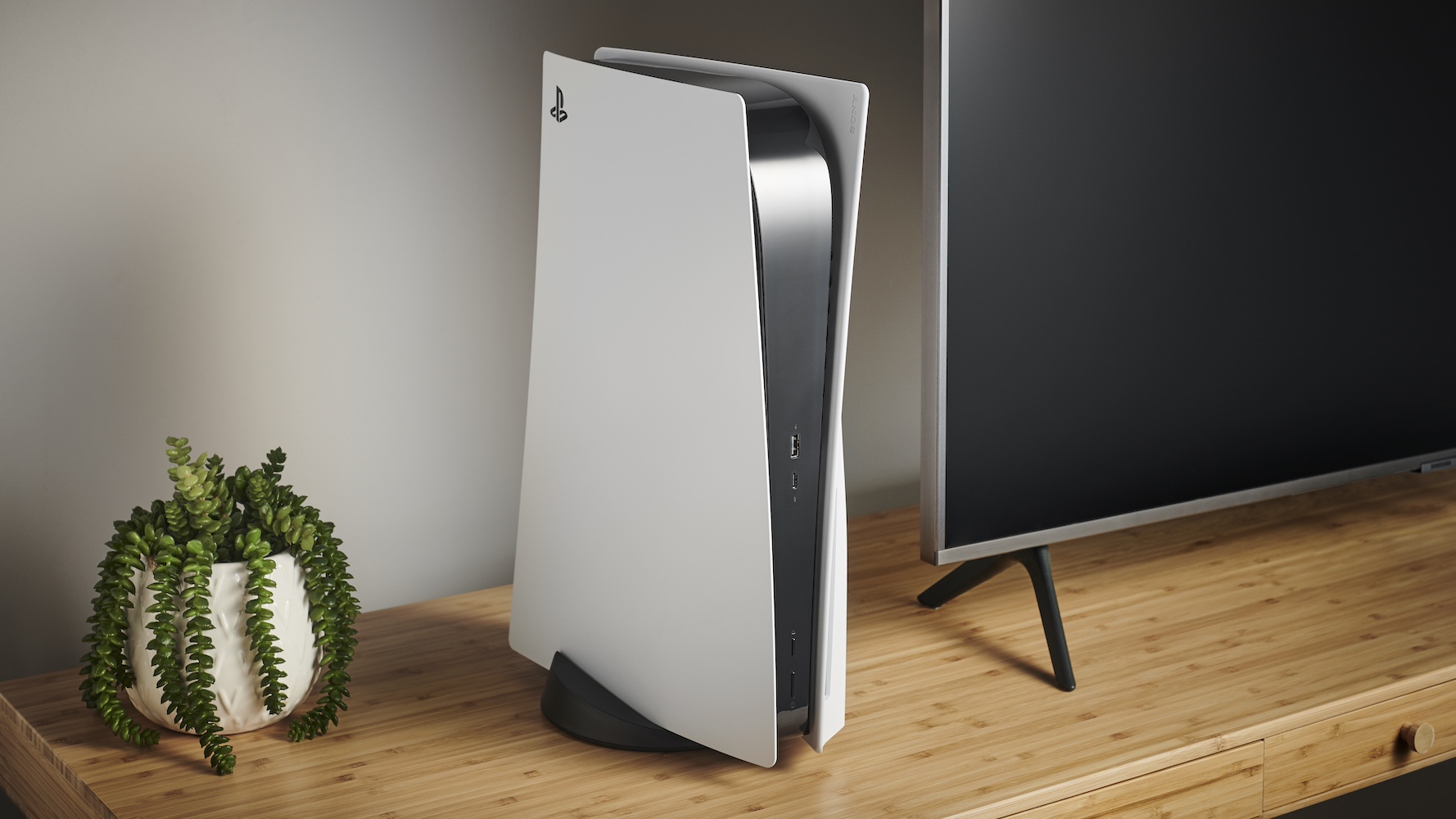What Hi-Fi? Verdict
They justify their price with a simply astonishing sound. Headphones can't get much better than this
Pros
- +
Pwerful
- +
effortlessly dynamic
- +
the midrange detail is superb
- +
beautifully built
Cons
- -
Everyone else will be listening with you
Why you can trust What Hi-Fi?
It says everything about the way these headphones perform that we would gladly put up with any mickey taking that their undoubtedly pre-war looks might bring.
That's not to say this is a flawless package. The 'phones weigh in at a beefy 500g rather than the more typical 300g of most rivals – so you're always aware of their presence.
Unlike previous Grado range toppers, which used mahogany ear-pieces, the PS1000s combine a mahogany inner core with an alloy outer-casing.
The combination of materials self-damps to give the revised drive unit a solid, low-resonance base to work from. A new high-purity copper cable completes the engineering content.
Not perfect, but still wonderful
If you're expecting perfect sound, you're in for a disappointment. There are certain things headphones just can't do. They can't lay out a soundstage in front of a listener in the way half decent speakers can.
Neither do they offer even a sniff of the physical impact of music.
However, get past these innate shortcomings, and it takes no time to realise Grado has moved the headphone game on.
Yes, the price is staggeringly high. But when you hear the way the PS1000s destroy all other high-end cans we've heard for insight, dynamics and timing, it's easy to argue they're worth every penny.
There are, of course, certain things that have to be in place. A top class source is mandatory: think of Cyrus's CD8 SE as a minimum standard.
You'll need a capable headphone amp, too. We used Beyerdynamic's A1 (£990).
Spellbinding transparency
Once up and running, the Grados' transparency is spellbinding. They reveal the differences between recordings with almost contemptuous ease, thanks to a sublime ability to resolve the tiniest details and organise it all into a cohesive and seamless whole.
Listen to Holst's Mars and the PS1000s' strong dynamics come to the fore. There's a wonderful fluidity to the way crescendos build, and no shortage of punch when required.
The tonal balance is nicely judged: high-frequency performance lacks nothing for bite, yet is composed enough to stay in line even when provoked by poor recordings.
And the bass impresses for the power, authority and finesse on offer. The multi-layered bassline from Michael Jackson's Billie Jean is tracked with determination without detracting from the rest of the polished production.
These headphones sound confident no matter how complex the recording, yet still they communicate all the fun and energy inherent in the music.
It's extremely rare to find a product that's so revealing, yet so musical with it. To get a similar level of performance from speakers would cost 10 times as much.
Almost makes the PS1000s seem like great value, doesn't it?
See all our headphone Best Buys
What Hi-Fi?, founded in 1976, is the world's leading independent guide to buying and owning hi-fi and home entertainment products. Our comprehensive tests help you buy the very best for your money, with our advice sections giving you step-by-step information on how to get even more from your music and movies. Everything is tested by our dedicated team of in-house reviewers in our custom-built test rooms in London, Reading and Bath. Our coveted five-star rating and Awards are recognised all over the world as the ultimate seal of approval, so you can buy with absolute confidence.


